Nigeria was named after the Niger River by British journalist Flora Shaw in January 8, 1897. Officially known as the Federal Republic of Nigeria, it resides in West Africa, nestled between the Sahel to the north and the Gulf of Guinea to the south in the Atlantic Ocean. Covering 923,769 square kilometers (356,669 sq mi), with a population exceeding 230 million, it stands as Africa's most populous nation and the world's sixth-most populous country.
Nigeria's history dates back to indigenous pre-colonial states and kingdoms from the second millennium BC, with the Nok civilization emerging in the 15th century BC marking early unification. British colonialization in the 19th century reshaped the territory, ending in the unification of the Southern Nigeria Protectorate and the Northern Nigeria Protectorate in 1914.
Nigeria gained independence on October 1, 1960, enduring a civil war from 1967 to 1970, followed by a series of military dictatorships and, eventually, democratically elected civilian governments.
Nigeria is blessed with abundant natural resources, notably natural gas and petroleum reserves. It shares borders with Niger to the north, Chad and Cameroon to the east, the Atlantic Ocean's Gulf of Guinea to the south, and Benin to the west.
Cultural, Religious and Historical Diversity
Nigeria's rich history spans back to its earliest inhabitants, with archaeological evidence dating back to at least 13,000 BC. The narrative includes the rise of early civilizations like the Nok culture, thriving around 1500 BC.
The region saw the introduction of Christianity in the fifteenth century through Portuguese Augustinian and Capuchin monks, who journeyed to the Kingdom of Warri. Islam, on the other hand, arrived earlier, with its first traces found in the Bornu Empire around 1068 AD and later spreading to the Hausa Kingdom in the eleventh century.
Nigeria is predominantly divided between Islam and Christianity, with Muslims mainly residing in the north and Christians in the south, while indigenous religions persist among minority groups like the Igbo and Yoruba.
Culturally diverse and artistically vibrant, Nigeria has capitalized on its heritage and forged diplomatic ties which has enhanced its global presence in literature, music, fashion and film and has shaped its diversity, creativity, and assimilation of other cultures.
Nigeria has more than 250 ethnic groups and over 500 languages spoken like Yoruba, Igbo, Fula, Hausa, Edo, Ibibio, Tiv, and English. The three largest ethnic groups are Hausa, Yoruba, and Igbo constituting a significant majority of the population. While Abuja serves as the national capital, Lagos, the former capital, remains a prominent commercial and industrial center.
Internationally, Nigeria ranks as Africa's second-largest economy, 39th globally by nominal GDP and 27th by Purchasing Power Parity (PPP). Recognized as an emerging market, Nigeria is a founding member of the African Union and actively participates in organizations such as the United Nations, the Commonwealth of Nations and Organization of the Petroleum Exporting Countries (OPEC).
Despite grappling with multifaceted challenges such as insecurity and political instability, Nigeria maintains its status as Africa's most populous nation and exudes vitality in its culture, particularly in sectors like entertainment and telecommunications.
Political strife and democratic trenches
Nigeria after independence faced challenges including ethnic tensions and a civil war between 1967 and 1970 when the southeastern region broke away and declared its independence as Biafra. Military coups followed, leading to a period of military rule until 1999.
In 1999, the return to civilian rule saw Olusegun Obasanjo of the People’s Democratic Party (PDP) become the first democratically elected president of the 4th Nigerian Republic which marked a significant milestone in Nigeria's democratic history, ending years of military dictatorship and stable governance.
It is important to note however, that Shehu Shagari was Nigeria's first democratically elected president in 1979, following the transition from military to civilian rule. His government was however ousted by a military coup in 1983 by Major General Muhammadu Buhari.
After Olusegun Obasanjo's tenure, Nigeria has witnessed four successful power transitions amid persistent electoral fraud and widespread corruption in politics. Presently, Bola Tinubu of the All-Progressives Congress (APC) is the democratically elected president of Nigeria in May 2023.
Nigeria is a federal republic of 36 states and a Federal Capital Territory (FCT) which was established in 1976 and includes Abuja, the capital. It is directly governed by the federal government, not any state with its own legislative and executive bodies such as major government institutions, diplomatic missions, and international organizations, centralizing Nigeria's political, economic, and social activities.
The federal government structure of Nigeria is based on a model of governance where power is divided between a central or federal government (state governments) and various regional or state governments. The central government comprises executive, legislative, and judicial branches. State governments govern within their jurisdictions, while local government areas handle grassroots services.
The structure, while striving for equitable governance and inclusivity, faces hurdles like fiscal federalism and ethnic strife. These challenges undermine stability and cohesion, demanding pragmatic solutions for effective governance and sustained coexistence.
Insurrection and Security Concerns
Insurrection and security concerns in Nigeria, including the Boko Haram insurgency and separatist movements like Indigenous People of Biafra (IPOB), along with ethnic and religious tensions, pose significant threats to the nation's stability. The government employs military operations, dialogue, and international cooperation to address these challenges.
Despite these efforts, insecurity continues to pose significant challenges to Nigeria's development and prosperity. Addressing the root causes of conflict, promoting social cohesion, and strengthening governance institutions are essential steps towards mitigating security threats and fostering a peaceful and inclusive society in Nigeria.
According to Amnesty International, the mass kidnappings of 287 students and teachers in Kuriga, Kaduna state, and over 400 displaced people in Borno state are a shocking indictment of the government's ongoing failure to shield the populace from attacks by armed groups that have killed thousands of Nigerians in the previous five years.
Presently, the Rule of Law and Anti-Corruption (RoLAC) program, introduced by International IDEA, is helping to reshape the police culture in Nigeria to uphold the rule of law and tackle corruption. It focuses on enhancing the Nigeria Police Force's training and performance and develop best Standards of Practice (SOPs) in law enforcement. This is to ensure adherence to human rights norms and legal statutes while promoting a professional culture aligned with global standards.
Economic Growth and the ills of corruption
Corruption in Nigeria has long plagued its political, economic, and social fabric. Rampant bribery, embezzlement, and nepotism permeate various sectors, hindering development and eroding public trust. The government has implemented measures to combat corruption, including establishing anti-corruption agencies like the Economic and Financial Crimes Commission (EFCC) and Independent Corrupt Practices and Other Related Offences Commission (ICPC), instituting transparency laws, and endorsing international cooperation. However, progress is challenged by entrenched systems, weak enforcement, and political interference. Civil society activism, media scrutiny, and public awareness campaigns supplement official efforts. Addressing corruption demands sustained reforms in governance, judicial independence, and fostering a culture of accountability to foster sustainable development and restore public confidence.
Nigeria's economy, one of Africa's largest, is diverse and driven primarily by petroleum exports. Petroleum exports contribute significantly to revenue, while other sectors such as agriculture employs a large portion of the population and offers potential for growth and diversification.
Nigeria boasts of abundant natural resources including cocoa, rubber, palm oil, gas, crude oil minerals, and agricultural products. These resources drive its trade with other countries, with petroleum being a major export commodity. Nigeria engages in trade partnerships globally, exporting oil to countries like the United States, China, and India while importing various goods such as machinery, vehicles, and electronics.
However, it faces challenges such as corruption, infrastructure deficits, and overdependence on oil, prompting efforts to diversify into sectors like agriculture and other natural resources.
In March 2024, Qatar and Nigeria forged a partnership aiming to propel Abuja "into the future," encompassing collaborations in interior ministries, education, agriculture, youth and sports, and tourism. This agreement included the establishment of a business council and labor control mechanisms.
Concurrently, President Tinubu has secured a $700 million loan from the World Bank to support female teenage education and development. While some Critics have raised concerns over the sustainability of Tinubu's borrowing strategy, fearing macroeconomic instability, debt servicing challenges, and accumulation risks, some have also commended the strides he is making to curb corruption with the ban on foreign travels for government officials and state agencies.
Towards the future: Nigeria’s economy and pivotal prospects
The future of Nigeria hinges on effectively combating corruption through sustained reforms in governance and judiciary, alongside fostering transparency and accountability. Civil society engagement and media scrutiny play crucial roles in supplementing official measures. Addressing corruption is paramount for Nigeria's economic stability and global competitiveness, requiring collective action and a commitment to ethical governance for a prosperous future.
Despite encountering a challenging environment, Nigeria harbors an array of opportunities. Its resilient culture and entrepreneurial nature endure, despite confronting issues such as corruption, ethnic tensions, and economic disparities. The nation's prowess in industries like entertainment and telecommunications exemplifies its potential for global expansion and innovation.
However, lingering concerns regarding political stability and insecurity underscore the imperative for concerted action to address core issues and foster inclusive growth. Nigeria remains a key player in Africa's socioeconomic landscape, owing to its abundant resources and population.

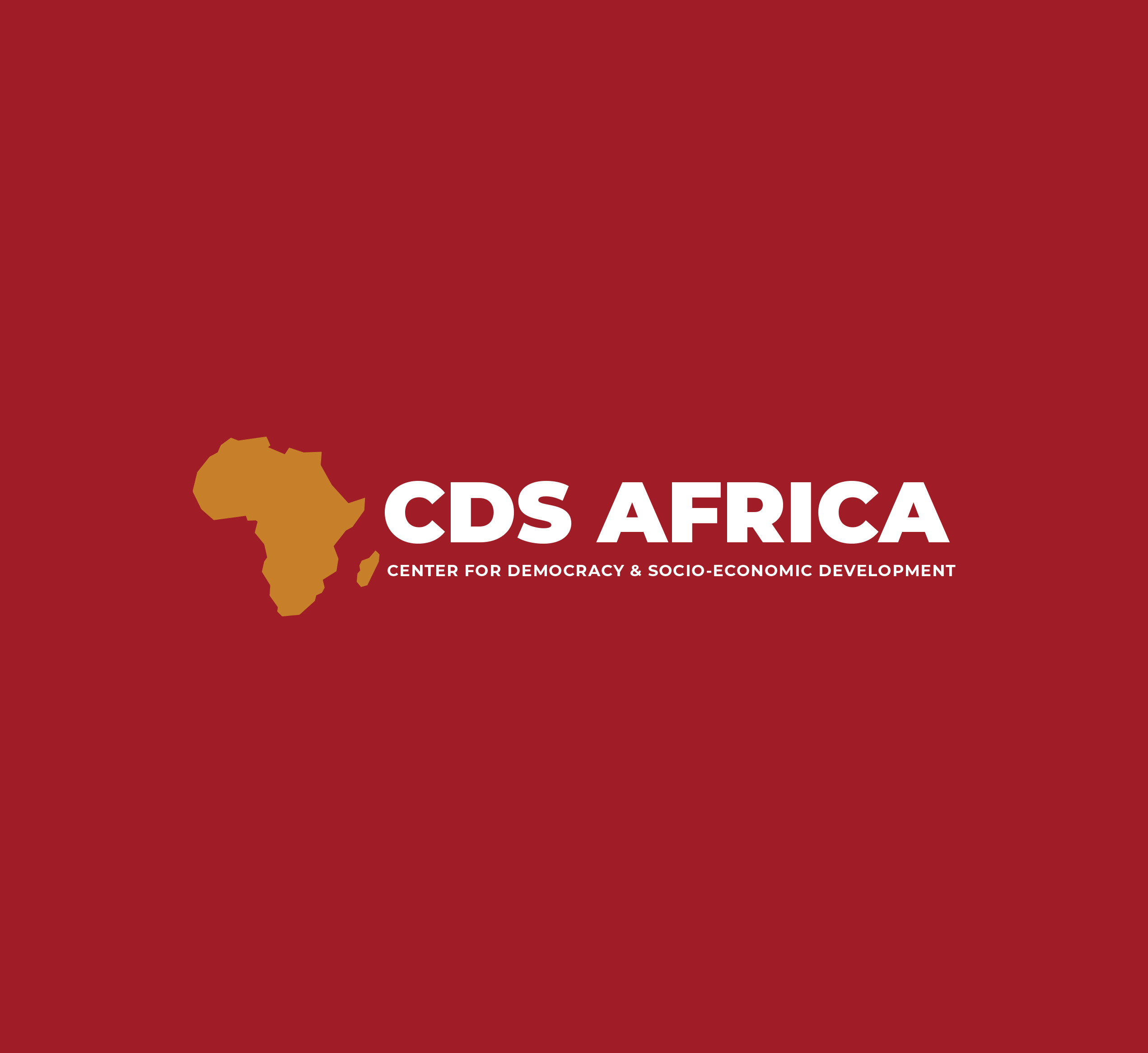
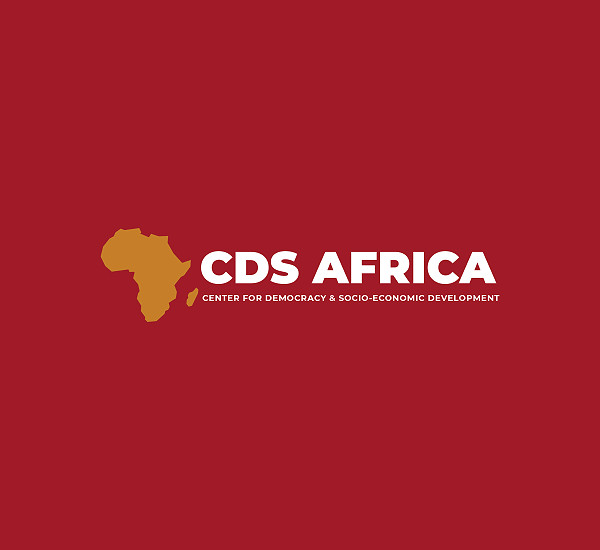
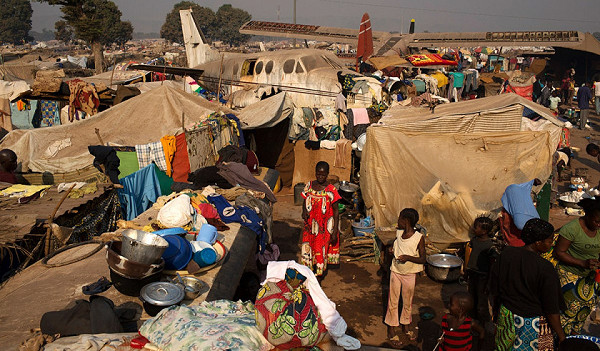
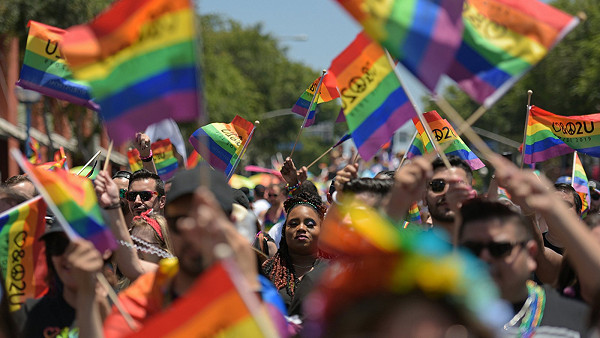
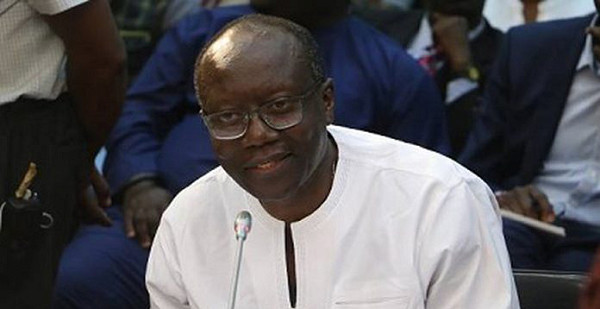
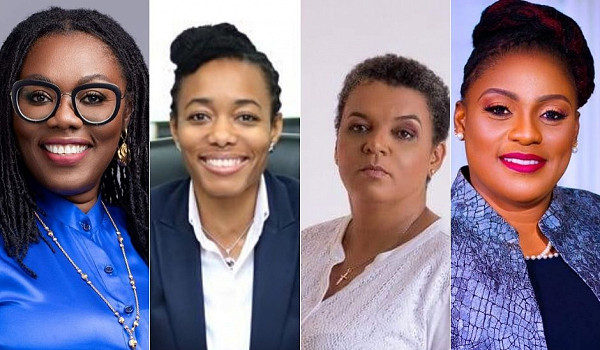
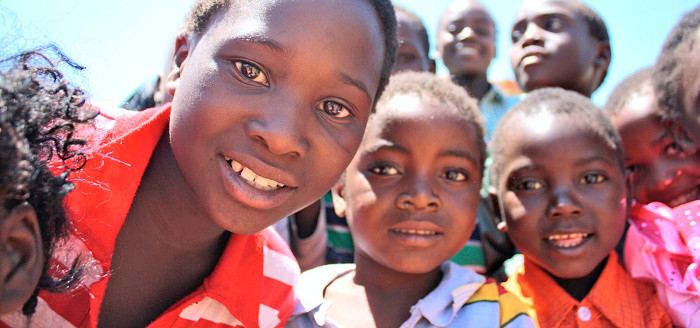


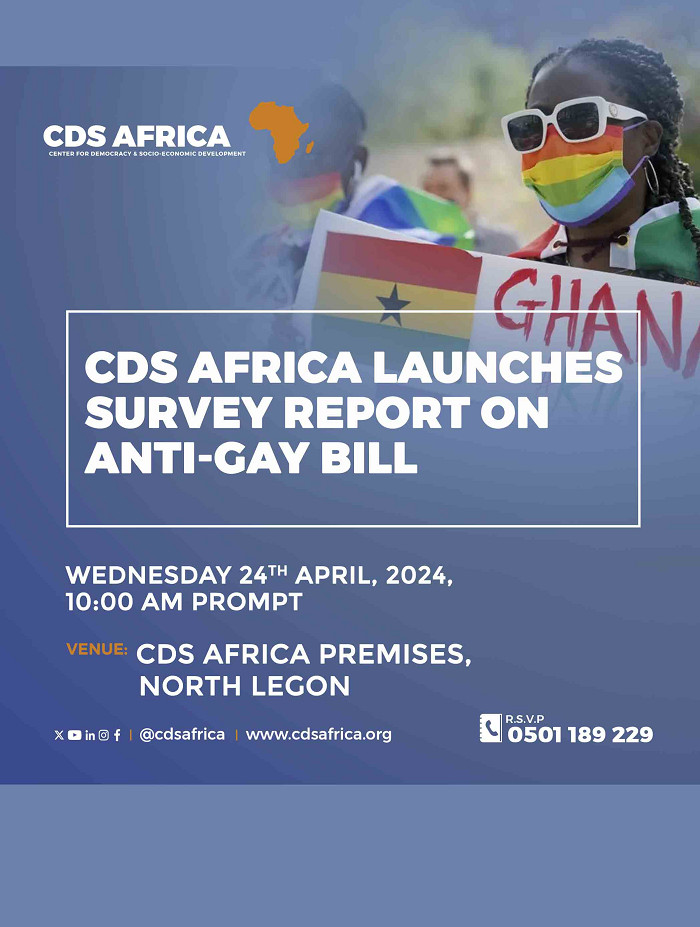
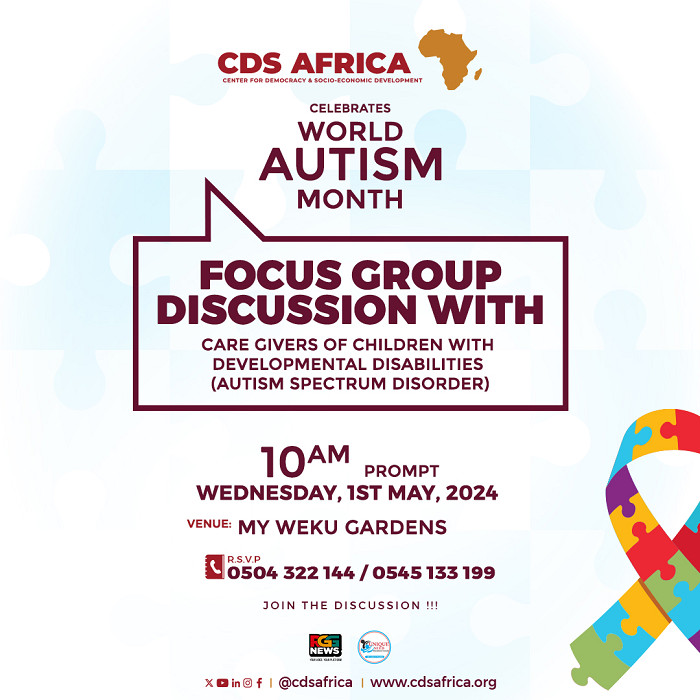
Write a Comment